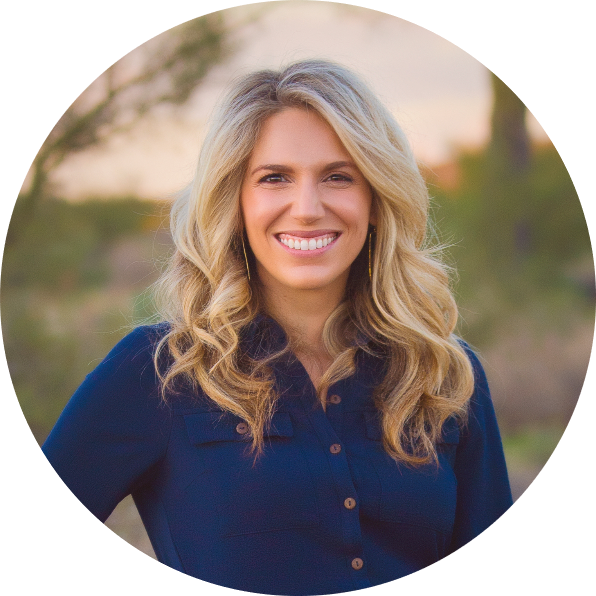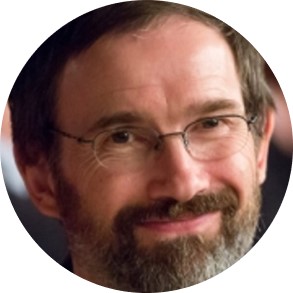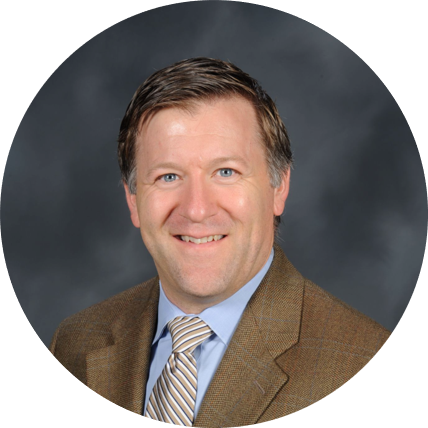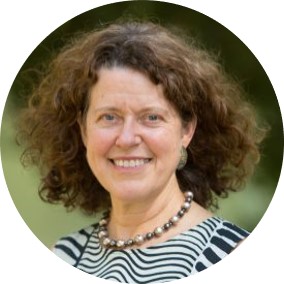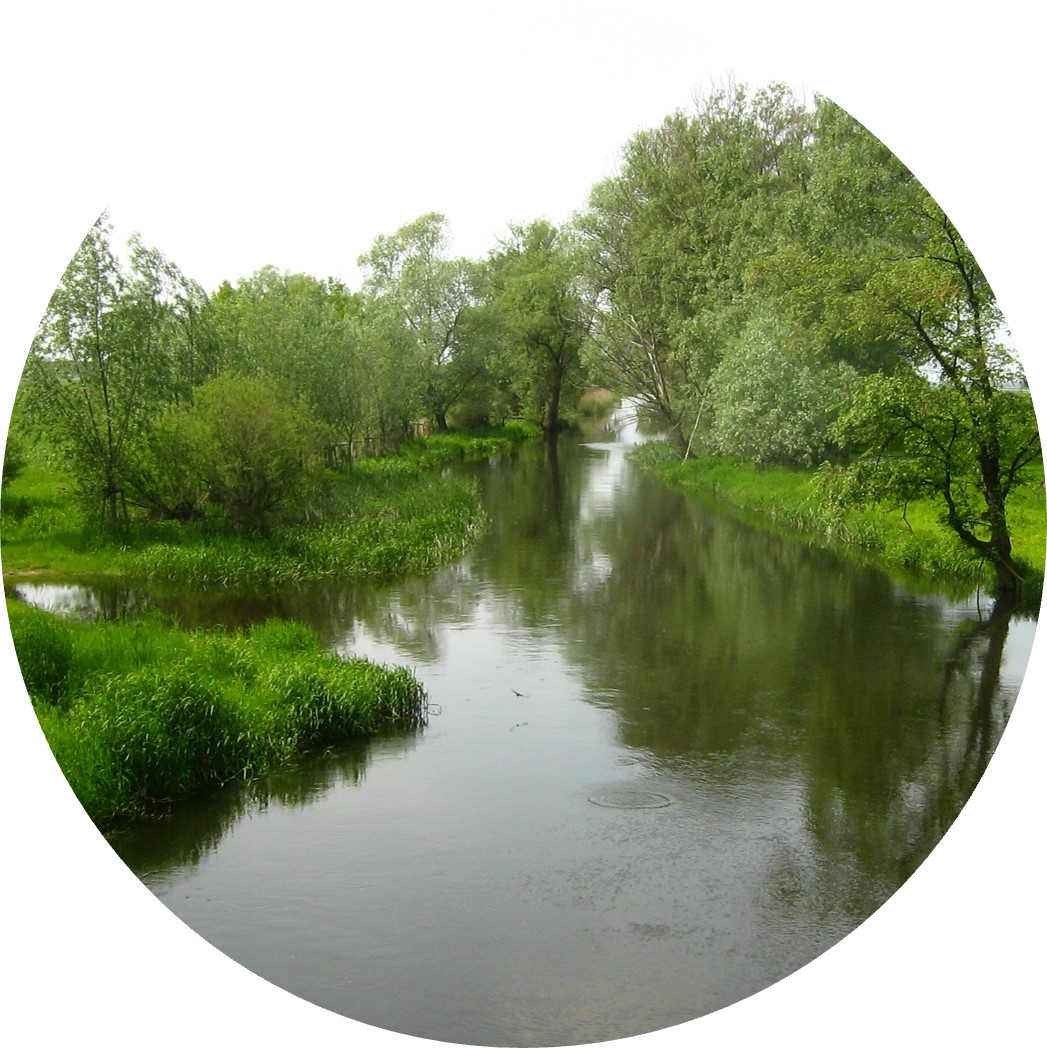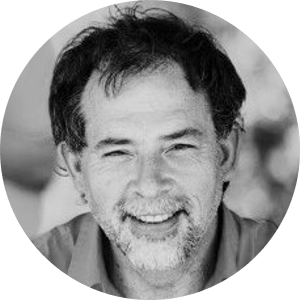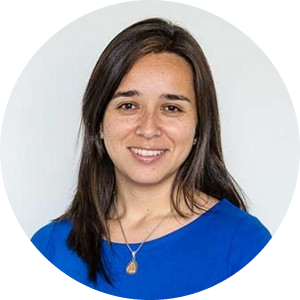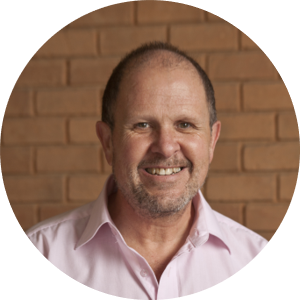Accueil > Séminaires/Colloques > Séminaires > Law & Economics of Nature > Law & Economics of Nature
Law & Economics of Nature
Le séminaire Law & Economics of Nature a pour vocation de prendre acte des transformations théoriques qui, dans un contexte d’inquiétude environnementale, affectent les disciplines économiques et juridiques. Les normes juridiques qui prévalent aux régimes d’appropriation ou de gouvernance des ressources naturelles ont d’évidentes conséquences welfaristes (humaines et écologiques). Les réflexions actuelles sur le ou les communs ou encore sur la personnalisation juridique d’entités naturelles peuvent également être appréciées à cette aune. L’économie de l’environnement s’interroge de longue date sur la possibilité de fixer la valeur d’entités naturelles non marchandes. Elle oscille entre la considération des ressources environnementales comme « capital naturel » sujet à optimisation et une défense de la valeur intrinsèque de la nature non commensurable à d’autres actifs.
Le lien entre statut juridique et mesure de la valeur de la nature se tient ainsi au cœur des problématiques environnementales actuelles ; ce qui justifie une approche de type « law and economics » de la nature. Les approches juridiques et économiques doivent de plus être sous-tendues par une appréhension fine des modèles écologiques pertinents, qu’il s’agisse de valeur de la biodiversité, de justice climatique, ou de gouvernance des océans ou des rivières. Ce séminaire assume donc une démarche transdisciplinaire entre droit, économie et écologie théorique.
Le séminaire est organisé conjointement par les laboratoires CRED et CERSA de l’université Paris 2 Panthéon-Assas et l’équipe ECN (Environnement : Concepts et Normes) de l’Institut Jean Nicod à l’École normale supérieure.
Lieu : Sur zoom
Questions ou commentaires : Contacter lawandeconomicsofnature.seminar@gmail.com
Prochaines Sessions
Sessions Passées
|
|
Karen Bradshaw (Arizona State University) “Wildlife as Property Owners” 25 mai 2022, 17h CEST / 11h EST (séminaire en anglais) |
Humankind coexists with every other living thing. People drink the same water, breathe the same air, and share the same land as other animals. Yet, property law reflects a general assumption that only people can own land. The effects of this presumption are disastrous for wildlife and humans alike. The alarm bells ringing about biodiversity loss are growing louder, and the possibility of mass extinction is real. Anthropocentric property is a key driver of biodiversity loss, a silent killer of species worldwide. But as law and sustainability scholar Karen Bradshaw shows, if excluding animals from a legal right to own land is causing their destruction, extending the legal right to own property to wildlife may prove its salvation. Wildlife as Property Owners advocates for folding animals into our existing system of property law, giving them the opportunity to own land just as humans do—to the betterment of all.
Karen Bradshaw is a Professor of Law and the Mary Sigler Fellow at Sandra Day O’Connor College of Law at Arizona State University. She is concurrently a Faculty Affiliate Scholar at the New York University School of Law Classical Liberal Institute and Senior Sustainability Scientist at the Global Institute of Sustainability at Arizona State University.
—
—
|
|
Marc Fleurbaey (PSE) "Social Welfare Analysis Beyond Anthropocentrism" 14 avril 2022, 17 h 30 CEST / 11 h 30 EST (séminaire en anglais) |
Classical social welfare analysis is focused on humans and considers non-human species only insofar as they contribute to human well-being. The philosophical foundations of this anthropocentric approach are however contestable : why should humans be the only source of value ? Intrinsic values of nature are increasingly being recognized in ecosystem assessments, but a framework to guide decision-making regarding trade-offs between these values remains elusive.
This presentation and subsequent discussion will focus on whether and how the main methods for social welfare analysis in economics can be extended to measure and compare well-being across species.
Marc Fleurbaey is an economist, professor at the Paris School of Economics (PSE), Director of Research at the CNRS, and Director of the CERES at the École Normale Supérieure in Paris. His research interests include social welfare analysis, social choice theory and climate economics.
—
—
|
|
Brendan Cunningham, Eastern Connecticut State University "The Kessler Syndrome : Risks, Consequences and Solutions" 24 mars 2022, 17 h 30 CEST / 11 h 30 EST (séminaire en anglais) |
Utilization of most resources involves the creation of pollution, and orbital space is no exception. Since the launch of Sputnik in 1957, governments and commercial interests have left an ever-increasing volume of debris that encircles Earth. Don Kessler was one of the earliest to point out that debris is potentially self-propagating : collisions in space create more debris which, in turn, create still more debris and collisions. Should collisional cascades accelerate uncontrollably, orbital space will be lost as a resource. In this presentation, we will explore the causes and consequences of the Kessler syndrome. We will also discuss solutions to the problem of orbital debris.
Brendan Cunningham is a professor of economics at Eastern Connecticut State University. He specializes in economic research pertaining to space, media and satellites. He is a leading expert on the pressing issue of space debris. His work has been supported by Eastern and the National Aeronautics and Space Administration (NASA).
The topics addressed in this presentation appear just after the announcement that the International Space Station will be sunk in the Point Nemo in 2031.
—
—
|
|
Cymie Payne, Rutgers University "Thinking biodiversity beyond national jurisdictions" 24 février 2022, 17h00 CEST / 11h00 EST, (séminaire en anglais) |
Cymie Payne is a lawyer focusing on international and environmental law, and teaches in the Department of Human Ecology at Rutgers University. Professor Payne has worked in the international law sector, and has notably appeared before the Seabed Disputes Chamber of the International Tribunal for the Law of the Sea, and is chair of the IUCN WCEL Oceans, Coasts and Coral Reefs Specialist Group. In this seminar, Professor Payne will discuss the Biodiversity Beyond National Jurisdictions (BBNJ) negotiations as a mechanism to reconsider our legal definition of "resources" in marine ecosystems and the role of Marine Genetic Resources (MGR) as a specific case study. This seminar aims to put into conversation principles of environmental integrity versus its utility, concepts at the core of the themes we explore in the "Law & Economics of Nature" seminar series.
The topics addressed in this presentation appear during the period of the One Ocean summit in Brest, and the United Nations negotiations on the Biodiversity Beyond National Jurisdictions (BBNJ) in March.
Plus d’informations sur la professeure Cymie Payne
—
—
|
|
Atelier sur les communs transnationaux. La question de l’eau 20 janvier, 2022 - 9h30-16h En ligne |
PDF Programme complet de l’atelier
- 9h45-10h30 - Laurence Boisson de Chazournes, Professeure, Université de Genève - Introduction
- 10h30-11h30 - Gabriel Bordron, Doctorant, Université Grenoble Alpes - Des droits pour les fleuves transfrontaliers ? La gouvernance du Gange en question
- 11h30-12h30 - Estelle Chambas, Doctorante, Université Panthéon-Assas - La Commission centrale pour la navigation du Rhin
Pause / Déjeuner (12h30-14h)
- 14h-15h - Nadia Seqat, Doctorante, Université Panthéon-Assas - Le droit à la participation à la gouvernance transnationale de l’eau
- 15h-16h - Stéphanie Kpenou, Docteur en droit, Université de Genève/Université Paris 8 - La protection de l’accès à l’eau par le prisme des droits individuels, d’un côté, et par le prisme des droits collectifs de l’autre
—
—
|
|
Sénateur Dr. Guido Girardi "Le droit à l’eau dans la réforme de la Constitution chilienne" 2 décembre 2021 - 16h à Paris / 11h à Santiago. |
La Constitution chilienne et le Code de l’eau de 1981 ont instauré la propriété privée de la ressource hydrique. Cet état de choses est resté tel quel malgré la transition démocratique des années 1990. L’état concède des droits de propriété sur l’eau de manière drastique, pour une durée illimitée, sans restriction sur les types d’usage. Ces droits de propriété peuvent faire l’objet de transferts et un marché de l’eau s’est créé. L’eau chilienne est ainsi accaparée par les secteurs miniers et agricoles souvent au détriment des besoins vitaux des populations locales. L’enjeu de cette séance du séminaire "droit et économie de la nature / law and economics of nature" est de comprendre ces mécanismes d’appropriation de l’eau, leur impact, et la nature de la réforme constitutionnelle qui mettrait fin à ce régime de propriété privée dont l’orateur de cette séance de séminaire, le Sénateur Girardi-Lavin, est l’un des acteurs majeurs. Ce cas chilien est donc paradigmatique des relations entre cadres institutionnels et attrition ou maintien d’une ressource naturelle, telle que ce séminaire vise à les analyser.
—
—
|
|
|
Prof. Daniela Rivera Bravo (Faculty of Law) & Prof. Guillermo Donoso (Natural Resources Economics) - Pontifica Universida Catolica de Chile 9 décembre à 16h (CCCB) |
La Professeure Daniela Rivera Bravo et le Professeur Guillermo Donoso discuterons les éléments centraux du système hydrologique Chilien, notamments les enjeux légaux, institutionnels et de gouvernance, en référence aux modifications légales actuelles autour de ce problème (notamment les réformes du Droit à l’eau) et au processus constitutionnel fortement influencé par ces questions. Les Professeurs Rivera Bravo et Donoso font partie du Centre de Gestion et de Gouvernance de l’Eau (Centro de Derecho y Gestión de Aguas) au sein de la Pontificia Universidad Católica de Chile.

